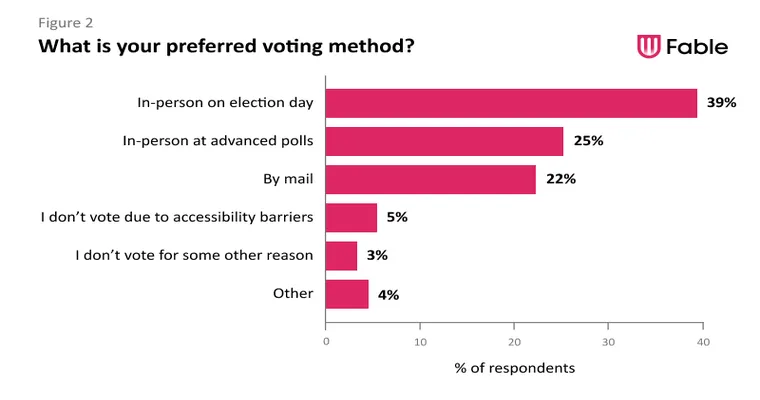Navigating the sensitive topic of telling your "mom" she needs to "move" can be challenging for many families. This conversation often brings about strong emotions, as it touches on issues of "independence", "safety", and the changing dynamics of family life. If you find yourself in this situation, it’s crucial to approach the discussion with care and empathy. Here are some essential tips to help you communicate effectively and compassionately.
First and foremost, choose the right time and place for the conversation. Finding a "quiet" and "comfortable" environment can help create a safe space where your mom feels secure to express her feelings. Avoid discussing the topic during stressful moments or when emotions are running high. Taking the time to prepare for this discussion will show your mom that you genuinely care about her well-being.
When you begin the conversation, use "empathetic" language. Instead of starting with statements that may sound accusatory, frame your concerns from a place of love. For example, you might say, "I’ve noticed that some things have become more challenging for you at home, and I want to make sure you’re safe and happy." This approach will help her understand that your intentions are rooted in concern rather than criticism.
Listening is another critical component of this conversation. Allow your mom to voice her thoughts and feelings without interruption. She may have her own reasons for resisting a move, such as attachment to her home or fear of change. Acknowledging her emotions and validating her experiences will foster a more open dialogue. By practicing active listening, you can better understand her perspective and address her concerns more effectively.
It may also be helpful to provide "options". Instead of presenting a move as a necessity, frame it as a choice with various possibilities. For instance, you could discuss different living arrangements, such as moving to a "senior community", downsizing to a more manageable home, or even relocating closer to family. Presenting these alternatives can empower your mom to feel more in control of her situation.
Discuss the benefits of moving, highlighting how a new environment could enhance her quality of life. Emphasize features such as "easy access" to healthcare, social activities, and a supportive community. Sharing stories of friends or acquaintances who have made similar transitions can also make the idea less intimidating and more appealing.
If your mom seems resistant, be patient and give her time to process the conversation. Change is often difficult, and it may take her a while to come around to the idea. Make it clear that you are there to support her throughout the process, no matter how long it takes.
Lastly, consider involving other family members or professionals if appropriate. Having a broader support system can sometimes alleviate the pressure on you and provide your mom with additional perspectives. Whether it's enlisting the help of siblings or consulting a geriatric care manager, extra voices can lend credibility to your concerns.
In conclusion, telling your mom she needs to move is a delicate matter that requires thoughtful communication and empathy. By choosing the right time, using compassionate language, listening actively, and presenting options, you can help ease the transition for her. Remember, the goal is to ensure her safety and happiness while respecting her independence and feelings. With patience and understanding, you can navigate this difficult conversation together.





